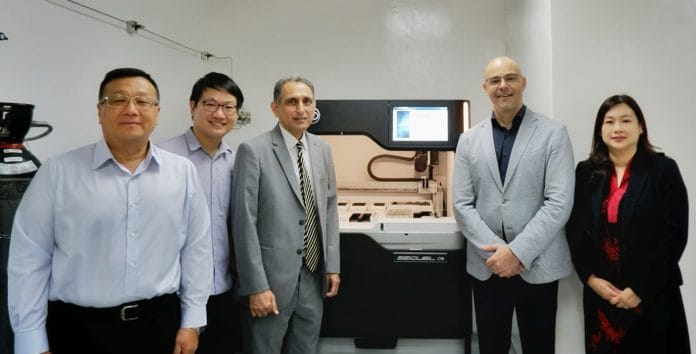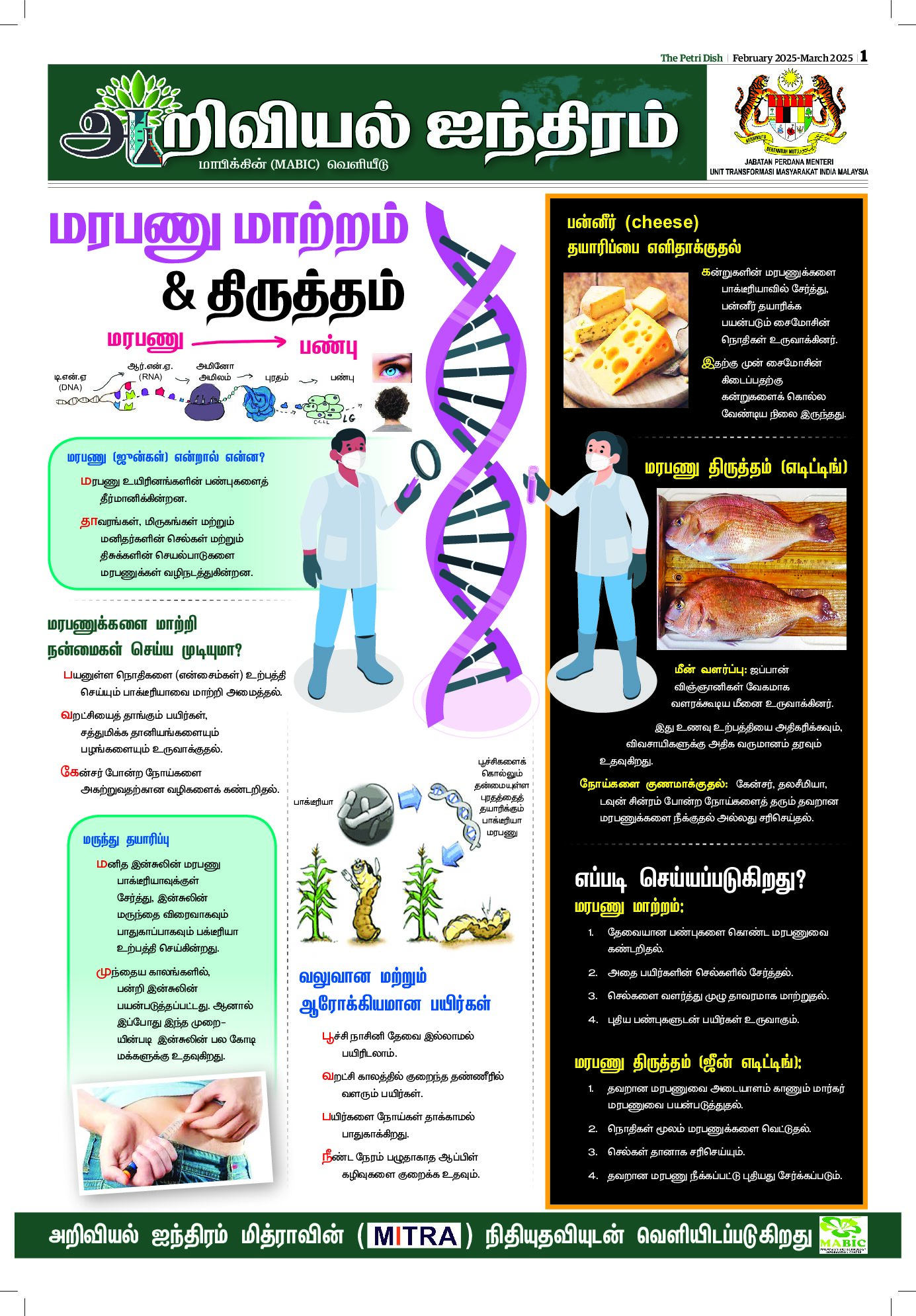
MONASH University Malaysia Genomics Facility (MUMGF), an ISO 9001 certified infrastructure platform, under the School of Science, Monash University Malaysia, officially launched its new PacBio Sequel IIe System, the first and only system of its kind in Malaysia.
The instrument is a long-read sequencer that can sequence up to 25,000 contiguous bases with 99.9% accuracy. Compared to its predecessors, the new system allows the generation of highly accurate long reads with reduced computational time, power, and storage requirements.
The instrument uses Single Molecule, Real-Time (SMRT) sequencing to generate long-reads using specialised flow cells and was declared the Method of the Year 2022 by Nature Methods. This innovative sequencer enables de novo genome assembly and the characterization of all kinds of variations in the genome and is particularly useful in capturing complex structural DNA rearrangements and copy number variations that cannot be captured accurately using current short-read sequencing technologies.
This instrument can be used to sequence and assemble genomes of human and non-human species and microbes. The PacBio Sequel IIe system was used by the Telomere-to-Telomere (T2T) Consortium to generate the first truly complete sequence of a human genome that was published in March 2022.
At MUMGF, it is currently being used to promote the flagship Malaysian BioGenome Project (MBP) which, in collaboration with local experts, aims to generate high-quality reference genomes for endemic species in Malaysia. MBP aims to promote national bio-conservation efforts through high coverage whole genome sequencing of animals, plants, protozoan, and fungal species.
It will contribute towards the worldwide efforts being led by the Vertebrate Genomes Project and Earth BioGenome Project which aim to characterize the genomes of all known (~1.5 million) complex life forms on earth over the next decade. Despite ranking 12th in national biodiversity, a number of iconic Malaysian species such as the Malayan tiger, tapirs, pangolins, helmeted hornbills, and Borneo elephants are listed as threatened by the International Union for Conservation of Nature (IUCN).
Conservation efforts incorporating genomics are paramount to preserving these unique species for posterity. The project hopes to showcase genomic sequencing as a strategy for preserving and promoting biodiversity in the ASEAN region and beyond.
The PacBio Sequel IIe System is also being integrated into the teaching and learning experience at Monash University Malaysia to enable students to develop skill sets in genome assembly and bioinformatics and train them to become leaders in conservation, population, and disease genomics. For further information about the system and how it can help advance your research please contact Professor Qasim Ayub, Director, MUMGF at qasim.ayub@monash.edu.









